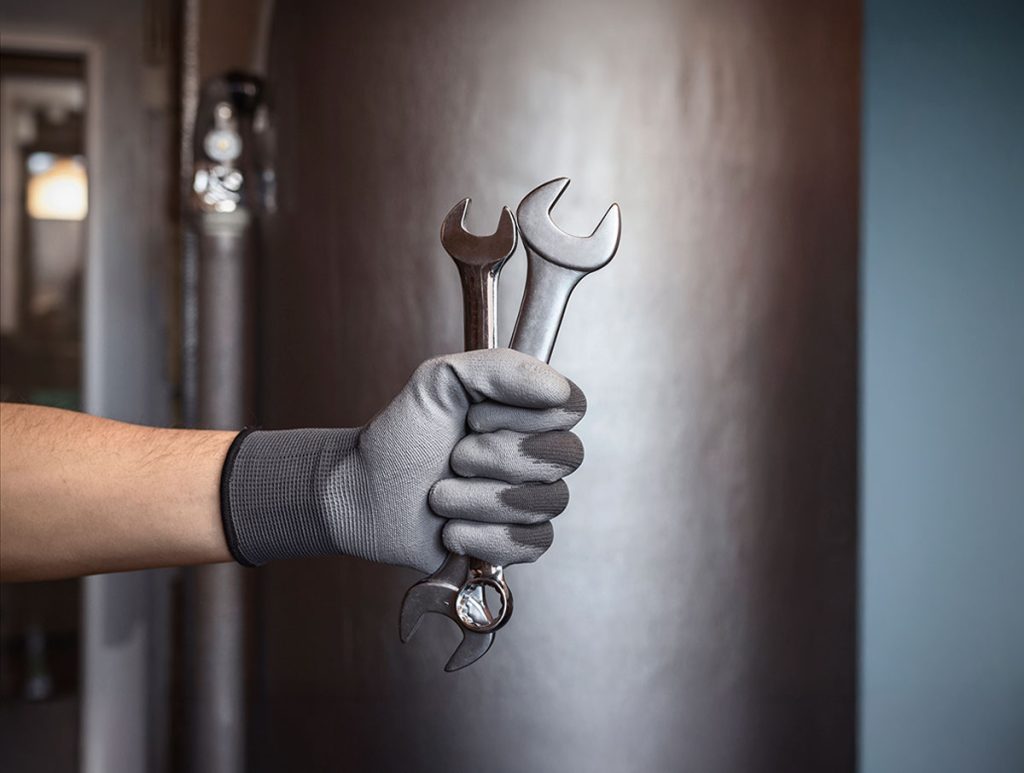
Whether it’s a cold winter morning or just another evening in British Columbia, the last thing you want is to step into a shower only to discover you have no hot water. Your hot water heater is a cornerstone of everyday comfort, but as it ages, problems can arise—and eventually, you’ll face the big question: repair or replace? In this blog, we’ll walk you through the signs that suggest a hot water tank replacement is due, why you might be eligible for BC Hydro rebates, how your home insurance might be affected by an older system, and tips for making an informed decision.
The Importance of a Reliable Hot Water Heater
A hot water heater quietly does its job day in and day out, providing you with hot water for bathing, cleaning, and cooking. When it starts to malfunction, you may notice lukewarm showers, discolored water, or disturbing noises. Such issues can cause inconvenience and disrupt your daily routines. Even more concerning, a failing hot water tank can lead to unexpected leaks that cause water damage to your home. By understanding when it’s time to repair or replace your unit, you save yourself both frustration and potential costs in the long run.
When is Repair Enough?
In certain scenarios, fixing a hot water heater can be a perfectly reasonable option. Common problems such as a broken thermostat, a faulty pressure valve, or a minor leak from loose connections can often be repaired quickly and affordably. If your unit is under 10 years old, it’s usually worth investigating a repair before deciding on a full replacement. An experienced technician can assess whether parts replacement or minor repairs will fully restore functionality. However, if your water heater is nearing the end of its expected lifespan (typically 8–12 years), the cost of repeated repairs might add up to more than the value of a new unit.
Telltale Signs It’s Time to Replace
- Age: Most hot water tanks last between 8 and 12 years. Once you’re in that timeframe, prepare to evaluate whether repairs will be cost-effective.
- Leakage: A small puddle around the base could turn into a serious flood. If the tank itself is corroded, patching or sealing will only buy limited time.
- Noisy Operation: Rumbling or banging sounds are often caused by sediment buildup that can’t easily be remedied. This reduces efficiency and indicates the unit is working harder than it should.
- Rust or Discoloration: Rusty water may point to internal corrosion of the tank. Once the inside of the tank deteriorates, it’s usually beyond repair.
- Frequent Repairs: If you’re constantly calling a professional, it’s a clear sign that the unit is on its last legs.
The Impact on Home Insurance
One critical factor that many homeowners overlook is how an aging hot water tank affects their insurance coverage. Some home insurance policies reduce or even eliminate coverage for water damage once your hot water heater is past the 10-year mark. Insurance providers argue that older units pose a higher risk for leaks and flooding. This means any water damage caused by an older tank might not be fully covered—or covered at all—by your policy. If you’re nearing that 10-year threshold, it’s wise to verify your coverage details with your insurance provider. Replacing an older unit can not only bring peace of mind but also protect you financially from claims that may be denied due to outdated equipment.
BC Hydro Rebates for an Energy-Efficient Upgrade
Another important consideration in British Columbia is the potential for BC Hydro rebates when you upgrade to a more energy-efficient hot water tank (or other water heating technologies). By investing in a modern, high-efficiency system, you can lower your electricity bills and reduce your carbon footprint. BC Hydro’s rebate programs frequently change, so it’s best to check their official website or consult a professional installer who’s familiar with the latest offerings. While the initial cost of a new hot water tank might seem steep, factoring in rebates and long-term savings can make the upgrade more affordable.
Calculating the True Cost
When it comes time to decide whether a replacement is warranted, consider the long-term financial picture:
- Repair Costs: Minor fixes may work in the short term, but repeated repairs add up quickly.
- Energy Efficiency: Newer models often operate far more efficiently, reducing monthly utility costs.
- Insurance Savings: A new water heater can help maintain complete insurance coverage.
- Rebates and Incentives: BC Hydro incentives can significantly offset the purchase and installation expense.
It’s always a good idea to get a professional assessment and quotes for both repair and replacement. Weigh the costs of frequent fixes against the price of a brand-new unit. You might be surprised at how quickly a more efficient tank pays for itself.
The Installation Process
If you decide on replacement, it’s important to hire a certified plumber or technician. A professional installation ensures that your new hot water heater meets safety codes and functions at its best from day one. They’ll also help you register your new unit, which may be required to claim certain rebates, warranties, and future service needs.
The Bottom Line
Your hot water heater is integral to daily life, so knowing when to repair and when to replace is a crucial decision. Pay attention to the signs of an aging tank—like persistent leaks and declining performance—and don’t overlook the insurance implications. If your tank is approaching the 10-year mark, a replacement might be the safest, most cost-effective move. By taking advantage of BC Hydro rebates for energy-efficient models, you can also lighten the burden on both your wallet and the environment. Ultimately, a well-timed replacement can offer peace of mind, steady hot water supply, and financial protection for years to come.
Conclusion
Navigating the repair-or-replace dilemma can be challenging, but considering factors like repair costs, insurance coverage, and available rebates will help you make a well-informed decision. If you’re still unsure, consult a trusted plumbing professional for a thorough inspection and personalized advice. Investing in a modern, energy-efficient hot water tank is not just a short-term fix—it’s a long-term upgrade that ensures comfort, savings, and security in your home.



